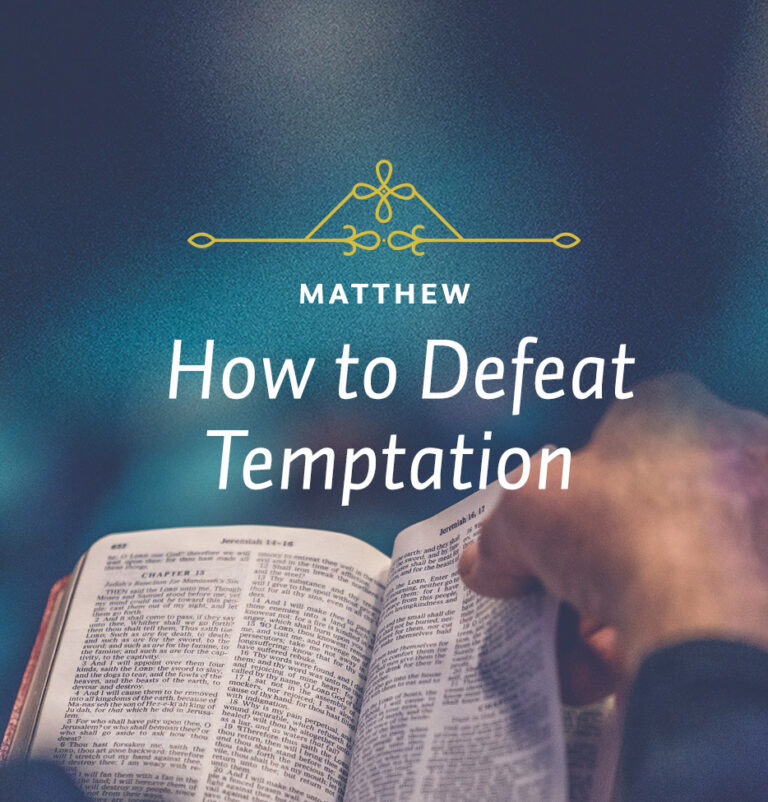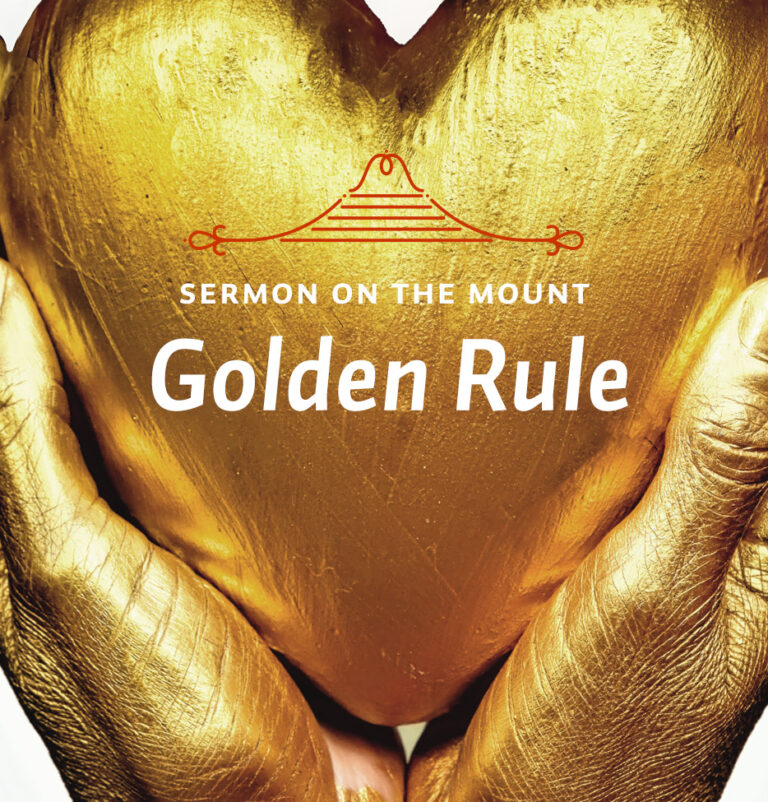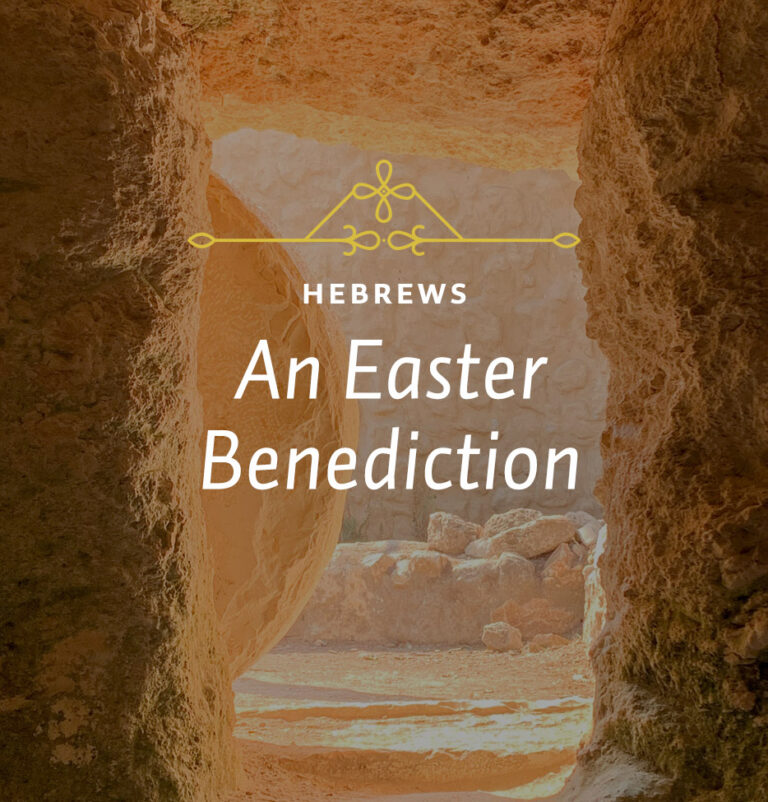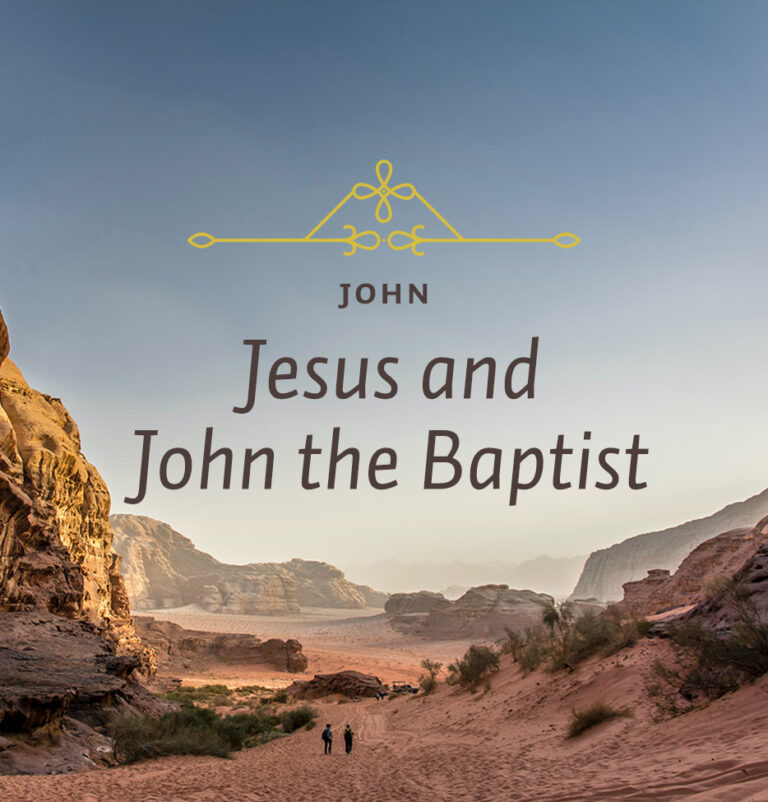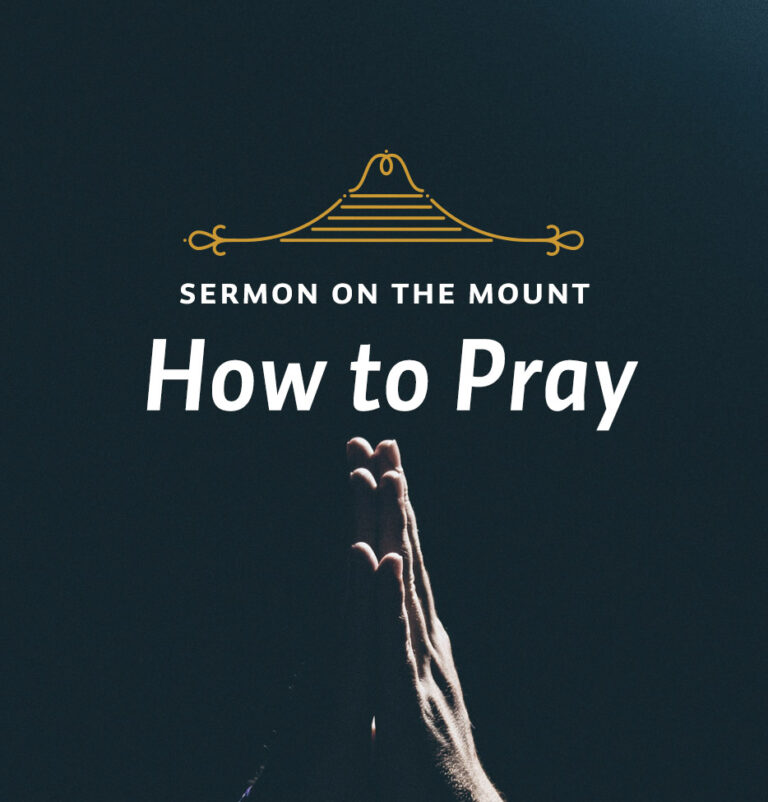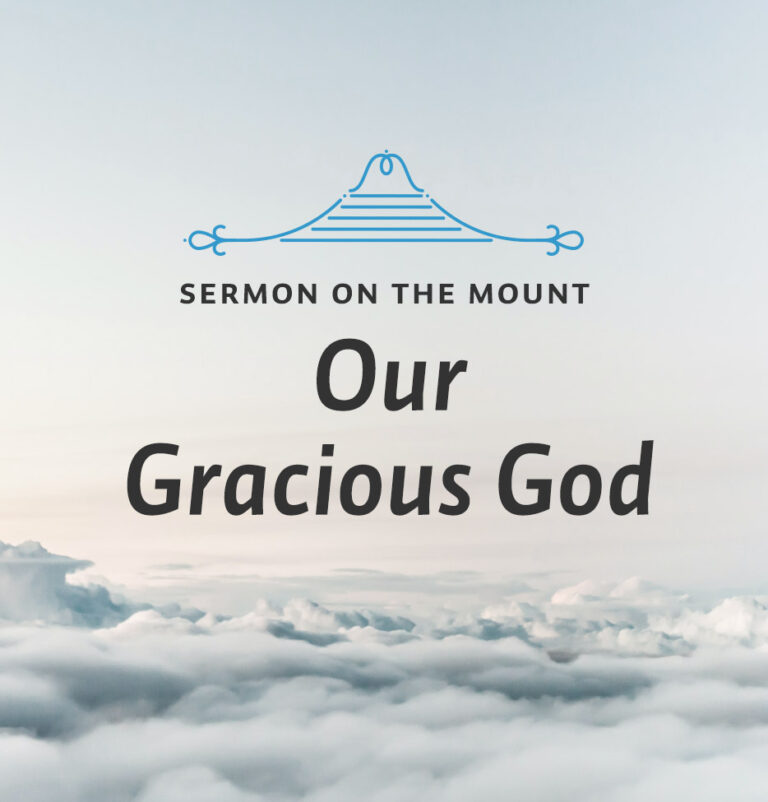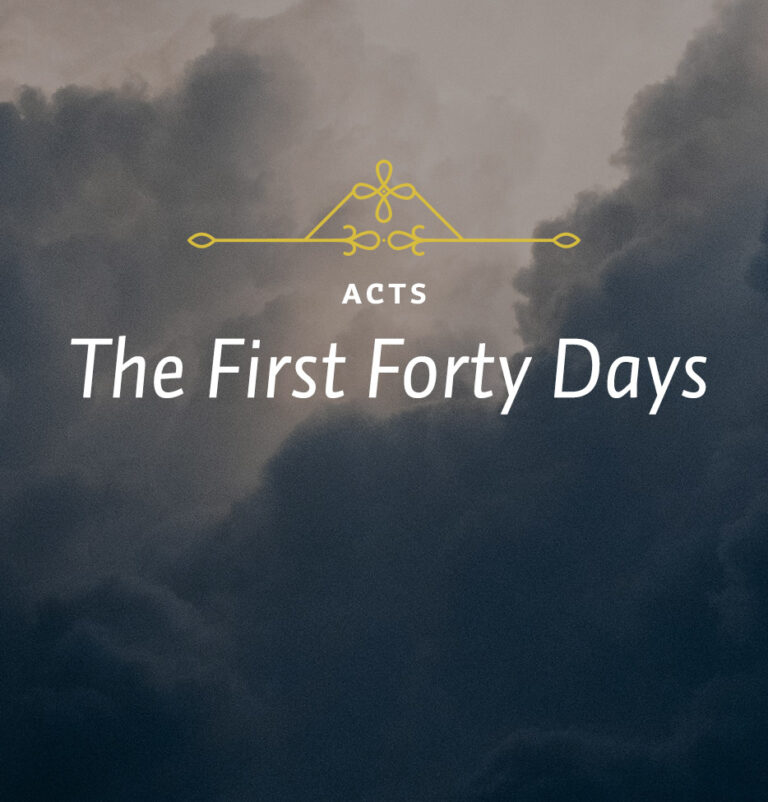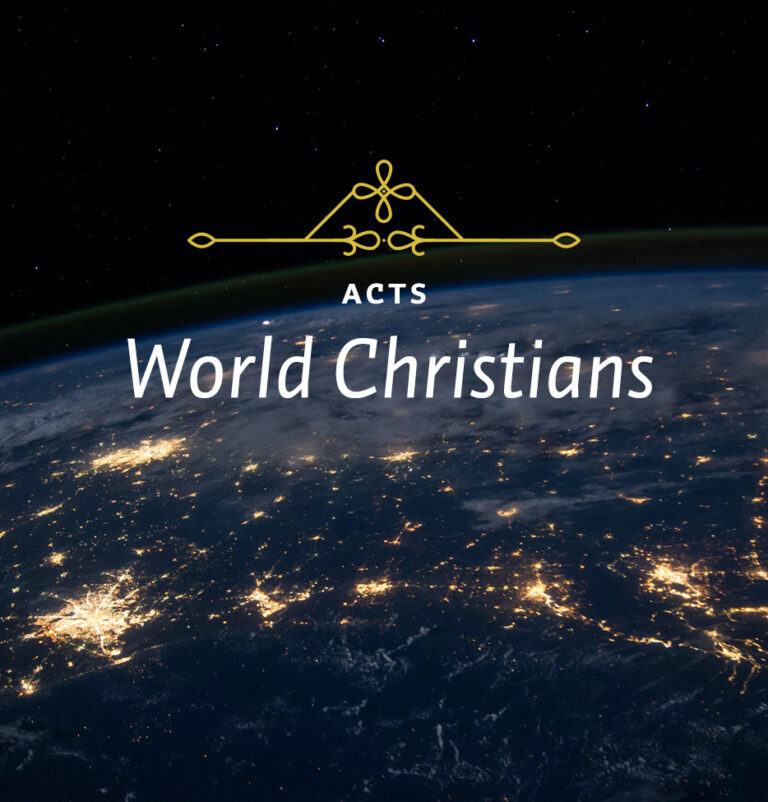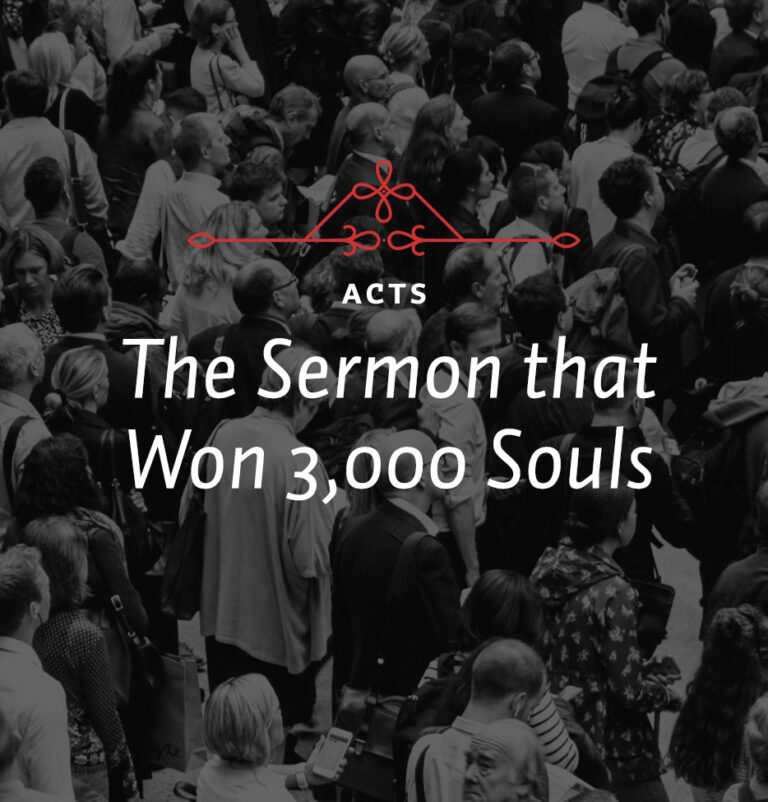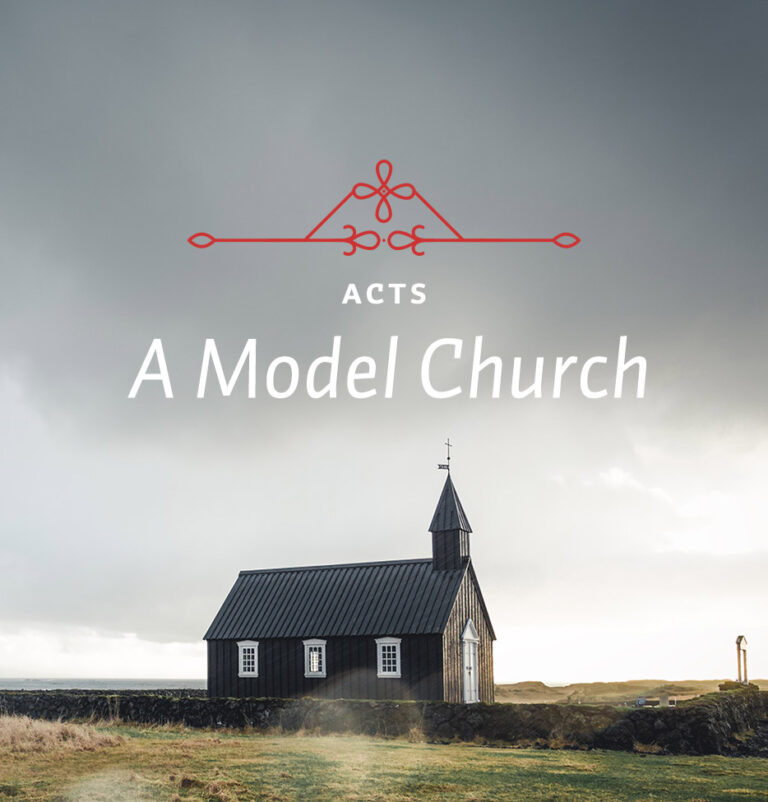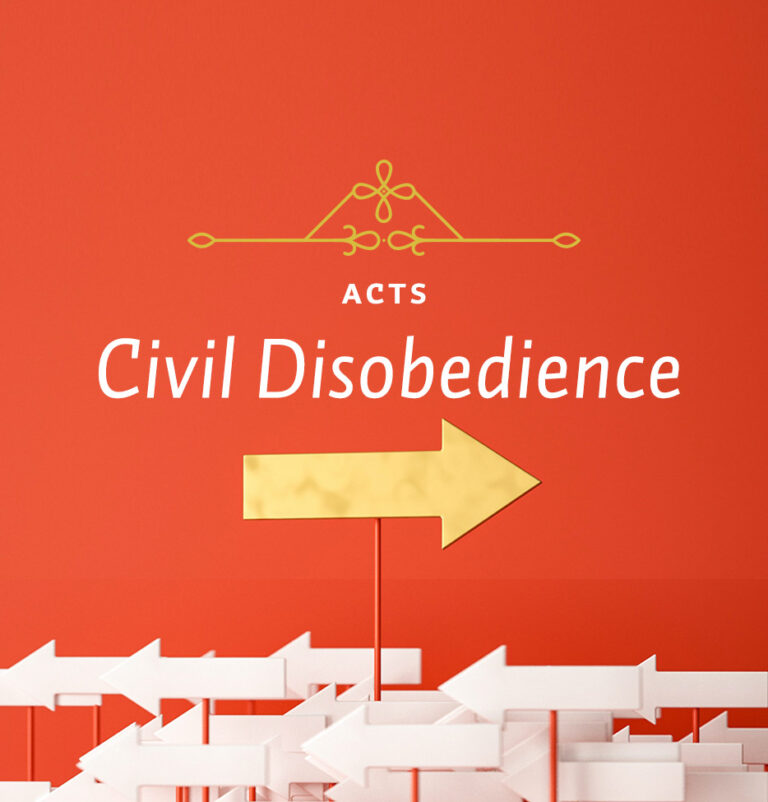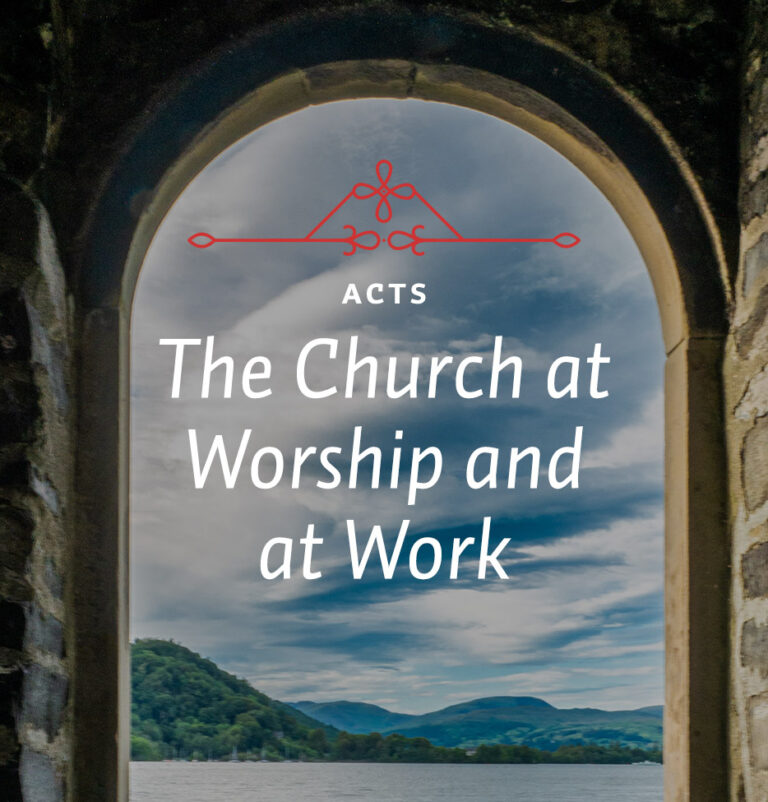In yesterday’s study, I said that people sometimes ask me questions such as when they should pray, how they should pray, or even why they should pray. Now all these questions have been asked by others, and they were asked in Christ’s day. So when Jesus began to teach about prayer, He dealt with them—sometimes by direct teaching, and at other times by example, as in the Lord’s Prayer, one of His most helpful teachings about prayer. Jesus said, “And when thou prayest, thou shalt not be as the hypocrites are; for they love to pray standing in the synagogues and at the corners of the streets, that they may be seen by men. Verily I say unto you, they have their reward. But thou, when thou prayest, enter into thy room, and when thou hast shut thy door, pray to thy Father, who is in secret; and thy Father, who seeth in secret, shall reward thee openly. But when ye pray, use not vain repetitions, as the pagans do; for they think that they shall be heard for their much speaking. Be not ye, therefore, like unto them; for your Father knoweth what things ye have need of before ye ask him” (Matt. 6:5-8).



